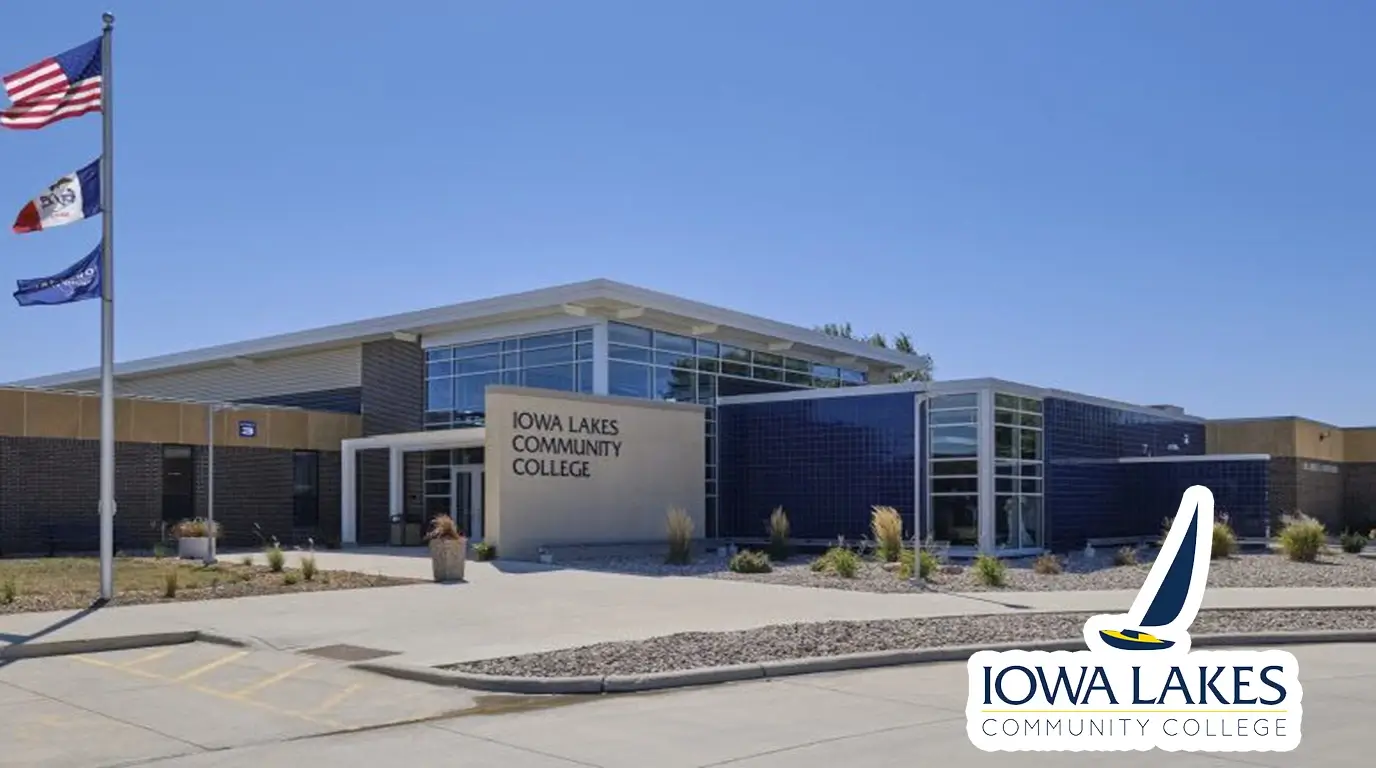Becoming a Paralegal in Iowa – Your State-Specific Guide
Ever wonder what it’d be like to step into Iowa’s legal world without spending years in law school? Turns out, becoming a paralegal in Iowa might just be your golden ticket—over 2,500 folks are already doing it, and the field’s growing faster than the national average. I’ve been around this game long enough—worked as a paralegal, guided newbies, and even tweaked websites to help people find their footing in this career. Iowa’s legal scene is a unique mix of big-city firms in Des Moines and small-town practices in places like Cedar Rapids, and paralegals are the glue holding it all together. This guide’s got everything you need to know, tailored specifically for Iowa, to get you started on this path.
Paralegals here aren’t just paper-pushers—they’re digging into research, drafting docs, and keeping attorneys on their toes. Whether you’re eyeing law firm jobs in Iowa or dreaming of a steady gig in a government office, this is your roadmap. Let’s break it down, piece by piece, with some real talk from someone who’s been there.
Paralegal Definition and Regulation in Iowa
So, what’s a paralegal in Iowa, exactly? The state’s got a loose take on it. The Iowa Supreme Court once said a paralegal is someone with the right mix of education, training, or experience to handle “substantive legal work” under an attorney’s watch. You can peek at a deeper dive into what a “paralegal” does, but basically, you’re the attorney’s sidekick—doing the heavy lifting they don’t have time for, without stepping into their shoes.
Regulations? Iowa keeps it light. There’s no state license or mandatory certification to become a paralegal in Iowa. Back in 2003, the Supreme Court suggested it’d be nice if paralegals got some voluntary national creds, but that’s as far as it goes—no hard rules. That said, you’re not totally freewheeling. Working under an attorney means you’re bound by their ethical playbook—think confidentiality and steering clear of giving legal advice. It’s all about staying in your lane while still being indispensable.
- Key Takeaway: Iowa doesn’t regulate paralegals with an iron fist—just follow the ethical rules under your attorney’s supervision.
Education Requirements and Recommended Programs in Iowa
Let’s get into the nitty-gritty: education. Does Iowa demand a specific degree to become a paralegal? Nope, not legally. But here’s the real scoop—most employers, especially in competitive spots like Des Moines, want to see something on your resume. You could theoretically slide in with just experience, but that’s rare as a unicorn these days. An associate’s, bachelor’s, or certificate in paralegal studies is your best bet to land a gig as a paralegal in Iowa.
The American Bar Association stamps some programs as top-tier, and those ABA-approved programs carry serious weight with hiring folks. They prove you’ve got the goods—legal research, writing, ethics—all the stuff you’ll use on the job.
Recommended Paralegal Education Programs in Iowa
Here’s a shortlist of solid paralegal education programs in Iowa I’d nudge you toward:
- Des Moines Area Community College (DMACC) – ABA-approved Associate of Applied Science in Paralegal Studies. It’s got an internship baked in—real-world experience that employers love.
- Kirkwood Community College – Another ABA-approved option with an Associate of Applied Science. Cedar Rapids-based, with hands-on courses like legal writing.
- Iowa Lakes Community College – Associate of Applied Science in Paralegal/Legal Studies. Smaller setting in Estherville, perfect for a focused start.
- Grand View University – Bachelor’s in Paralegal Studies with tracks like criminology or business. Des Moines-based and great for a deeper dive.
Online Paralegal Programs for Iowa Residents
Got a packed schedule? Online options are clutch. DMACC and Kirkwood offer some virtual classes, and national programs like CLS by BARBRI work for Iowa folks too. It’s all about flexibility—especially if you’re balancing work or family while chasing legal assistant training in Iowa.
- Key Takeaways:
- No mandatory education, but a degree or certificate is practically essential.
- ABA-approved programs give you a hiring edge.
- Online paths are there if you need to juggle life.
Paralegal Certification and Credentials in Iowa
Certification’s a big question mark for a lot of folks. Is it mandatory in Iowa? Nope, not at the state level. There’s no Iowa-specific paralegal certification you have to grab. The Iowa Paralegal Association (IPA) has been kicking around the idea of an Iowa Certified Paralegal (IaCP) program, but it’s still just talk—no official rollout yet.
Nationally Recognized Certifications Relevant in Iowa
What does matter are the national heavyweights: NALA’s Certified Paralegal (CP) from NALA and the NFPA’s CORE Registered Paralegal (CRP). The CP’s a beast of an exam—legal research, ethics, the works—but passing it says you’re the real deal. The CRP’s similar, testing your core skills. Both are voluntary, but in Iowa’s job market, they can make you stand out.
Benefits of Certification in Iowa
Why bother? When I was hiring, a CP on a resume caught my eye—it’s like a badge of honor showing you’re serious. It can bump your pay (more on that later) and open doors to better law firm jobs in Iowa—like litigation or corporate roles in Des Moines. Plus, it’s a confidence boost, knowing you’ve got creds to back up your skills.
- Key Takeaways:
- No state-required certification in Iowa, but IaCP might be coming.
- National certs like NALA CP or NFPA CRP boost your profile.
- Certification means credibility and better earning potential.
Paralegal Associations in Iowa
Networking’s a game-changer, and Iowa’s got a solid crew to help you out. Joining a paralegal association isn’t just for show—it’s how you find mentors, snag job tips, and stay sharp.
State-Level Paralegal Associations in Iowa
- Iowa Paralegal Association (IPA) – The big player. They’ve got seminars, a job board, and mentoring—perfect for newbies or vets.
Benefits of Joining a Paralegal Association in Iowa
The IPA’s a lifeline—think networking events where you might chat up someone hiring for law firm jobs in Iowa. I landed my first gig through a casual IPA meetup—true story. They also offer continuing legal education (CLE) to keep your skills fresh and your resume shiny.
- Key Takeaways:
- IPA’s your go-to association in Iowa.
- Networking and CLE can kick your career into gear.
Job Market Outlook and Salary for Paralegals in Iowa
Now, the juicy stuff: jobs and pay. The paralegal career outlook in Iowa is promising, with a mix of opportunities across the state.
Current Job Market for Paralegals in Iowa
The Bureau of Labor Statistics counted 2,520 paralegals in Iowa in 2023, mostly in Des Moines and Cedar Rapids. Big firms like Davis Brown in Des Moines eat up talent, but government spots—like the Iowa Attorney General’s Office—offer stability too. Smaller towns like Iowa City have gigs, just less glitz. Peek at the job market for paralegals for a broader take.
Average Paralegal Salary in Iowa
BLS says the average paralegal salary in Iowa was $59,610 in 2023—about $28.66 an hour. Des Moines pulls higher, around $62,000, while rural spots like Sioux City dip to $45,000-ish. Experience, education (that CP helps!), and specialties—like real estate or litigation—can push you past the average. Dig into more on paralegal salaries.
Job Growth Projections for Paralegals in Iowa
Projections Central pegs Iowa’s paralegal job growth at 7.7% through 2030—above the national 4.2%. That’s about 250 openings a year, counting replacements. Not explosive, but steady—especially with Iowa’s legal scene holding strong.
- Key Takeaways:
- Decent job market, strongest in Des Moines.
- Average salary: $59,610, with room to climb.
- Growth at 7.7%—solid future ahead.
Key Takeaways: Steps to Becoming a Paralegal in Iowa
Ready to dive in? Here’s your quick-start plan:
- Research paralegal programs in Iowa—DMACC or Kirkwood are solid bets.
- Pick your path: associate’s, bachelor’s, or certificate.
- Eye ABA-approved programs for extra juice.
- Check out certs like NALA’s CP or NFPA’s CRP.
- Join the IPA to network and grow.
- Start hunting for jobs in Iowa’s legal market.







